In a charged Question Time Leaders’ Special, party leaders faced an unforgiving audience and tough questions that put their policies and past actions under the spotlight. Here’s the full story.
Impassioned Audience Questions
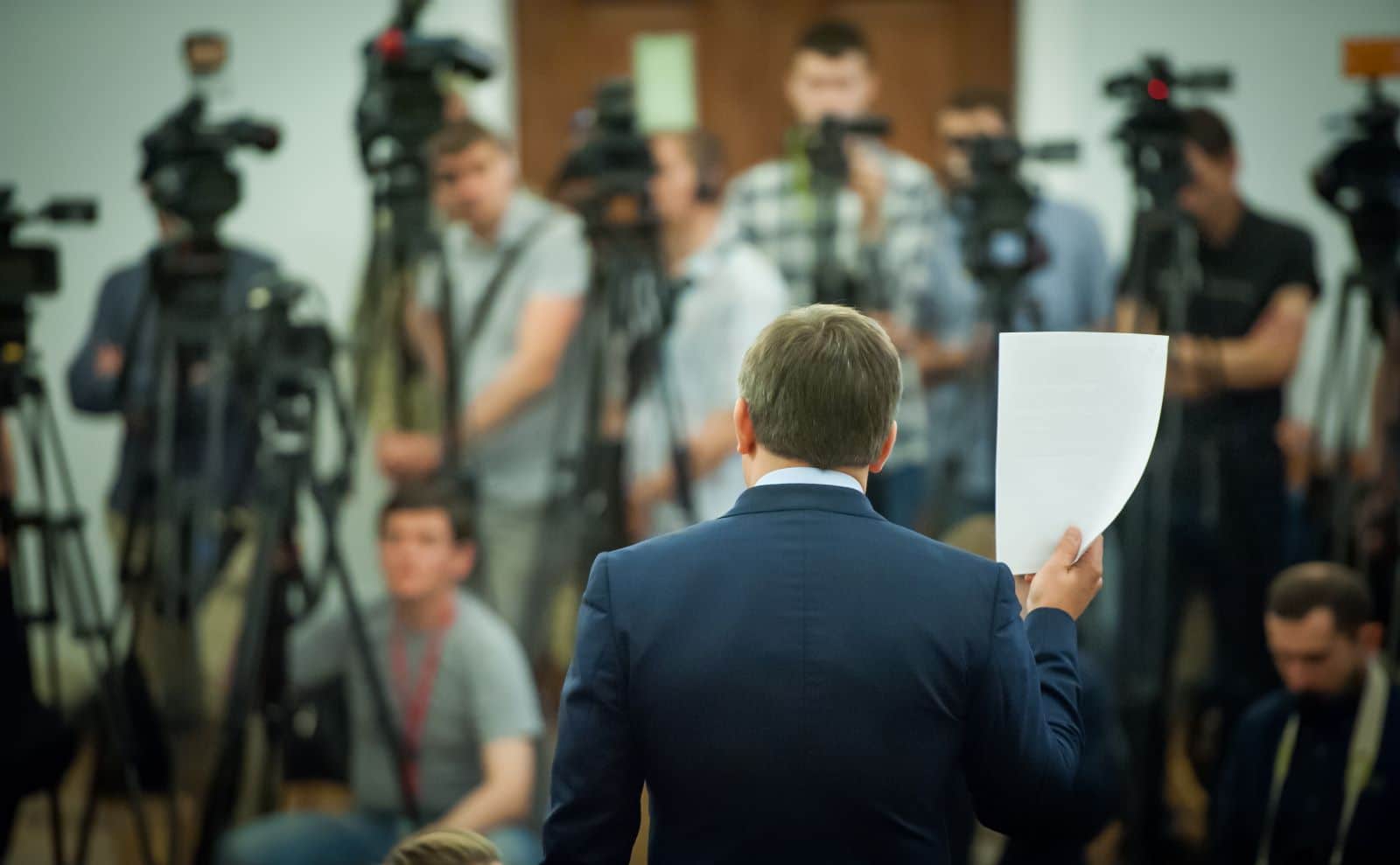
Party leaders from the Conservatives, Labour, the Liberal Democrats, and the Scottish National Party (SNP) faced an impassioned audience during the BBC’s Question Time Leaders’ Special in York.
Challenging Questions
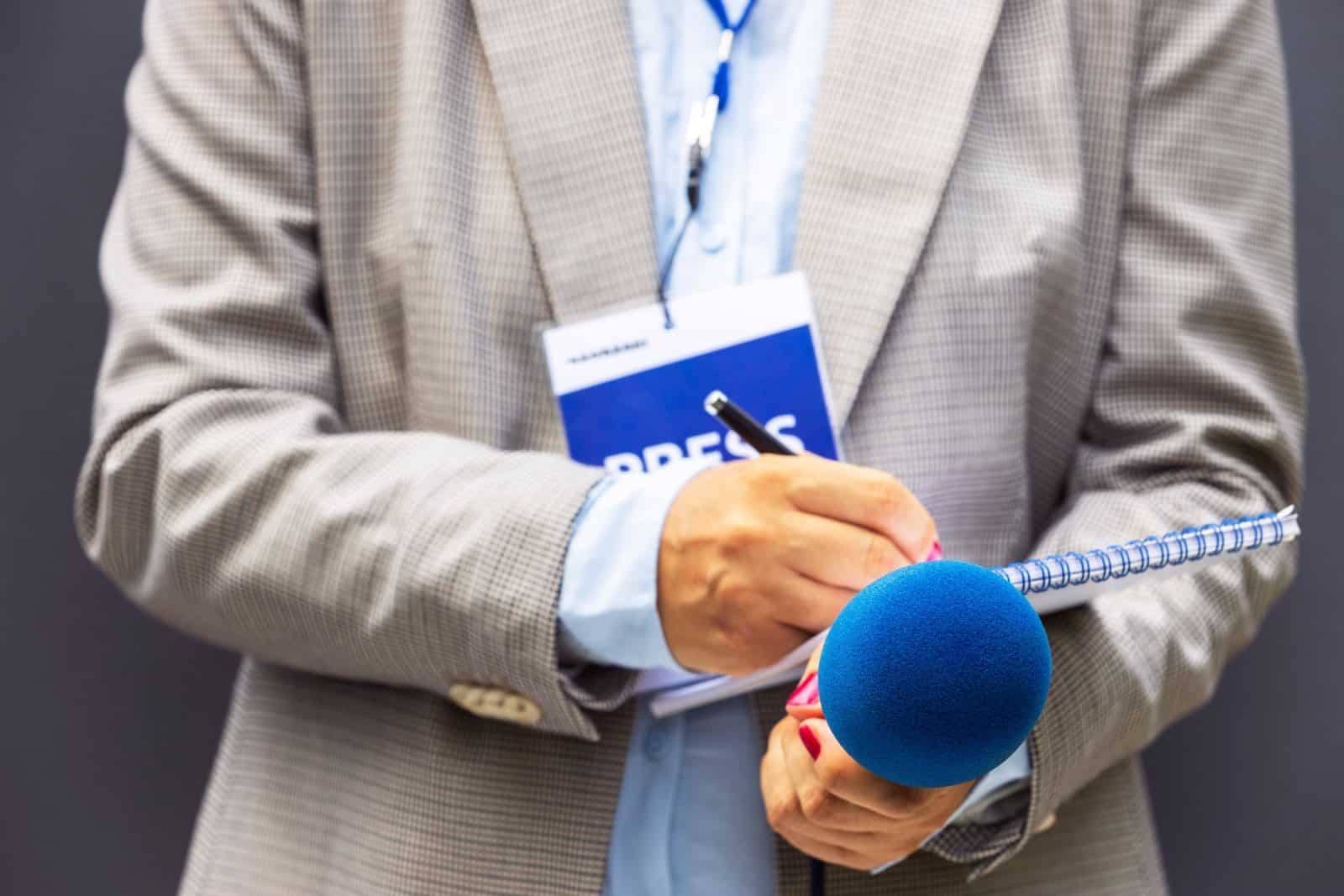
Over two gruelling hours, Rishi Sunak (Conservatives), Keir Starmer (Labour), Ed Davey (Liberal Democrats) and John Swinney (SNP) were subjected to a series of challenging questions from the audience.
Charged Atmosphere

Unlike in traditional political interviews, where leaders can often refute suggestions from interviewers or disagree openly, the leaders had no such chance to be as blase with an audience made up of the general public, leading to an atmosphere charged with political fervour as each leader attempted to walk the tightrope of the public’s occasionally scathing questions.
Ed Davey’s Stunts
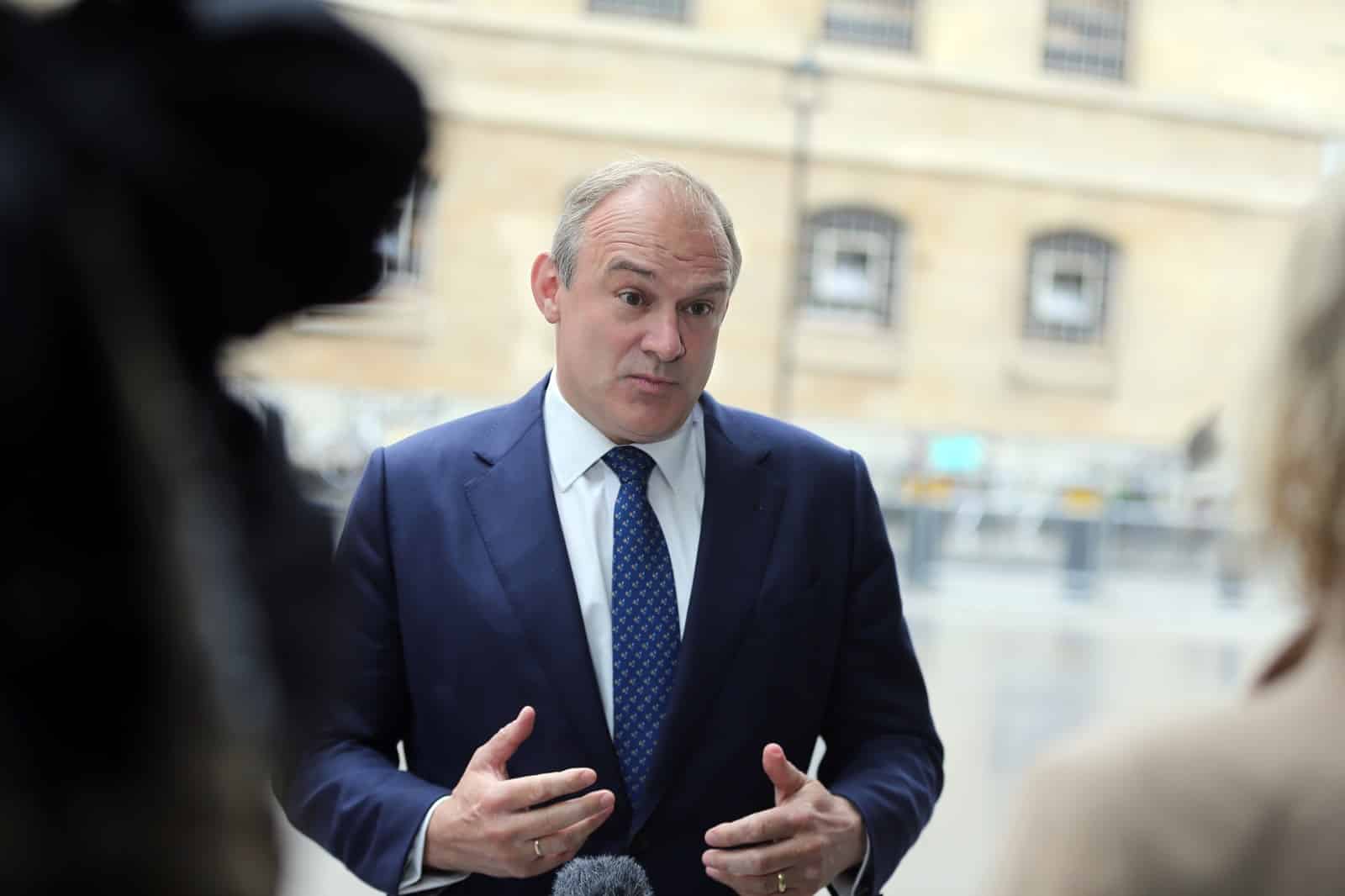
First off, Ed Davey, the leader of the Liberal Democrats, faced scrutiny for his attention-grabbing campaign stunts, which included jumping off paddleboards and riding on roller coasters.
Lacking Seriousness?

Davey was accused of lacking the seriousness required of a political leader following such media antics but deftly argued that such stunts were made to draw attention to serious matters affecting everyday people, such as the ongoing sewage crisis.
Coalition Government Questions

However, Davey was forcefully questioned regarding his time propping up the Conservatives in the coalition government between 2010 – 2015. Though Davey admitted the experience was “scarring,” he argued that the Conservative’s policies would have been considerably worse had the LibDems not been in the room.
Current Mission
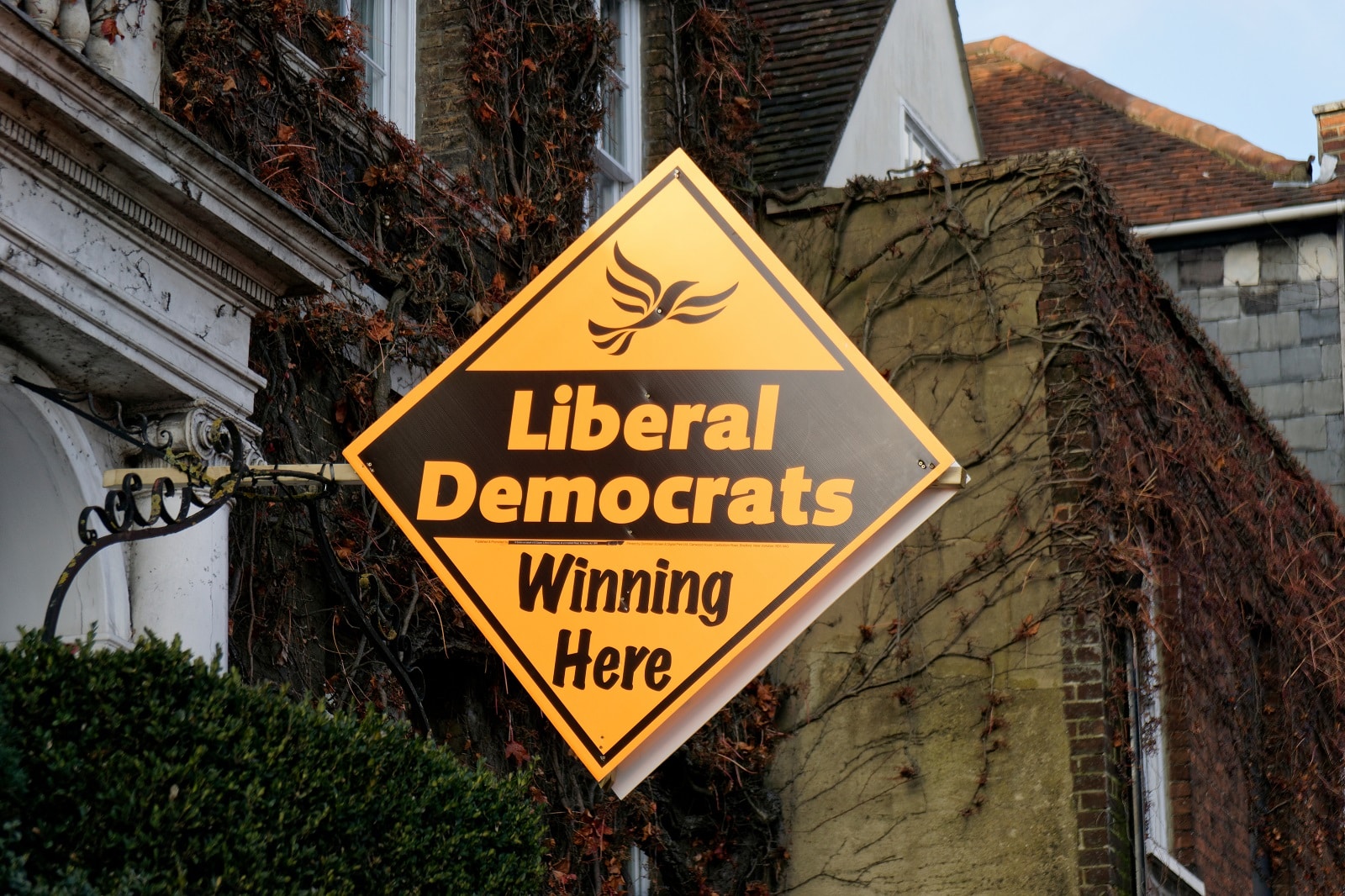
In an attempt to put some distance between the Liberal Democrats and that bruising period in government, which was defined by what many regarded as a betrayal when they failed to abolish tuition fees and their subsequent demolition at the next election, Davey argued that his current mission was to “defeat as many Conservative MPs as possible.”
John Swinney’s Challenges
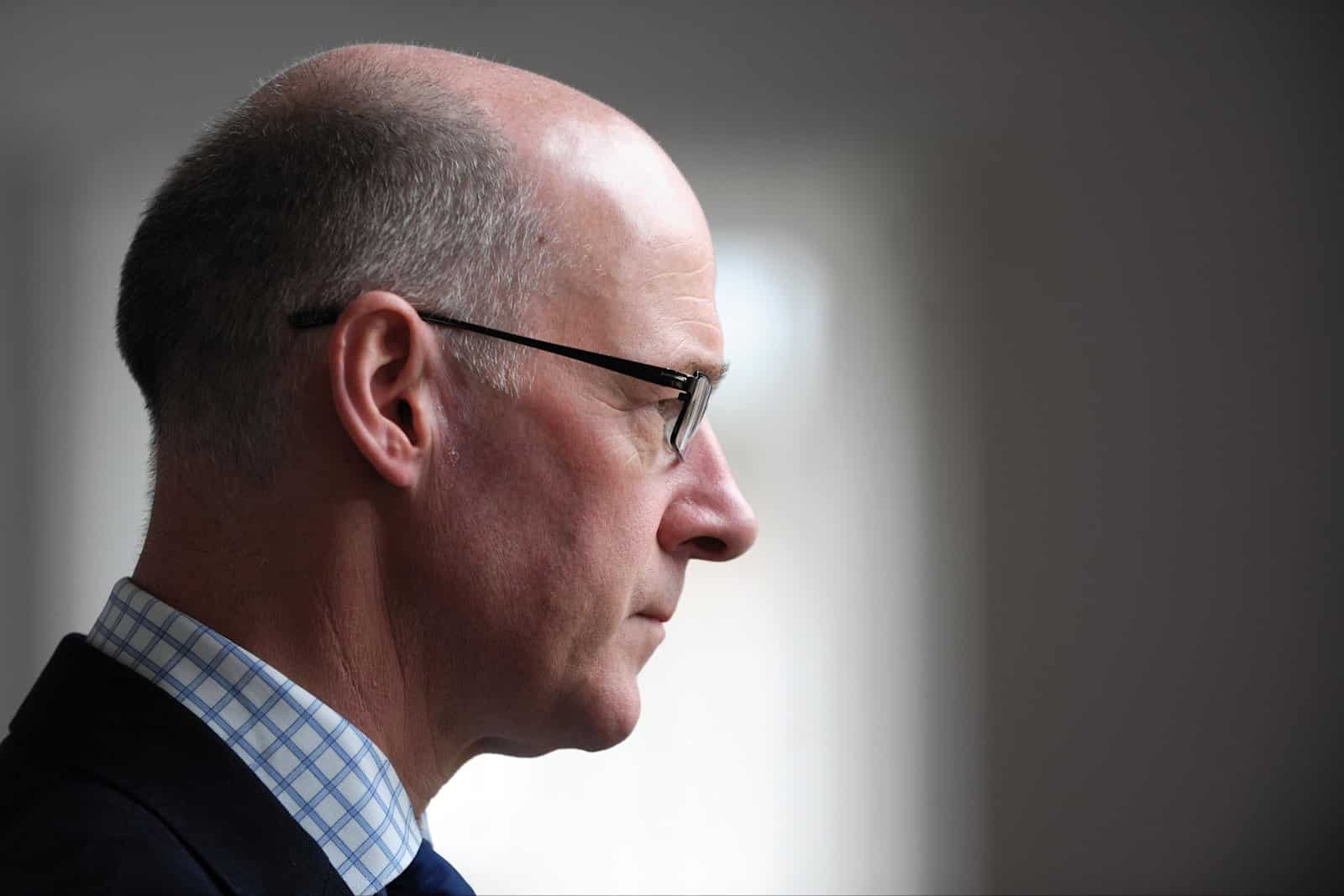
John Swinney, the third First Minister of Scotland in 18 months and the new leader of the SNP who has only been on the job for a few weeks, faced questions about the SNP’s recent legal troubles and the party’s seemingly precipitous descent.
Avoiding Legal Troubles
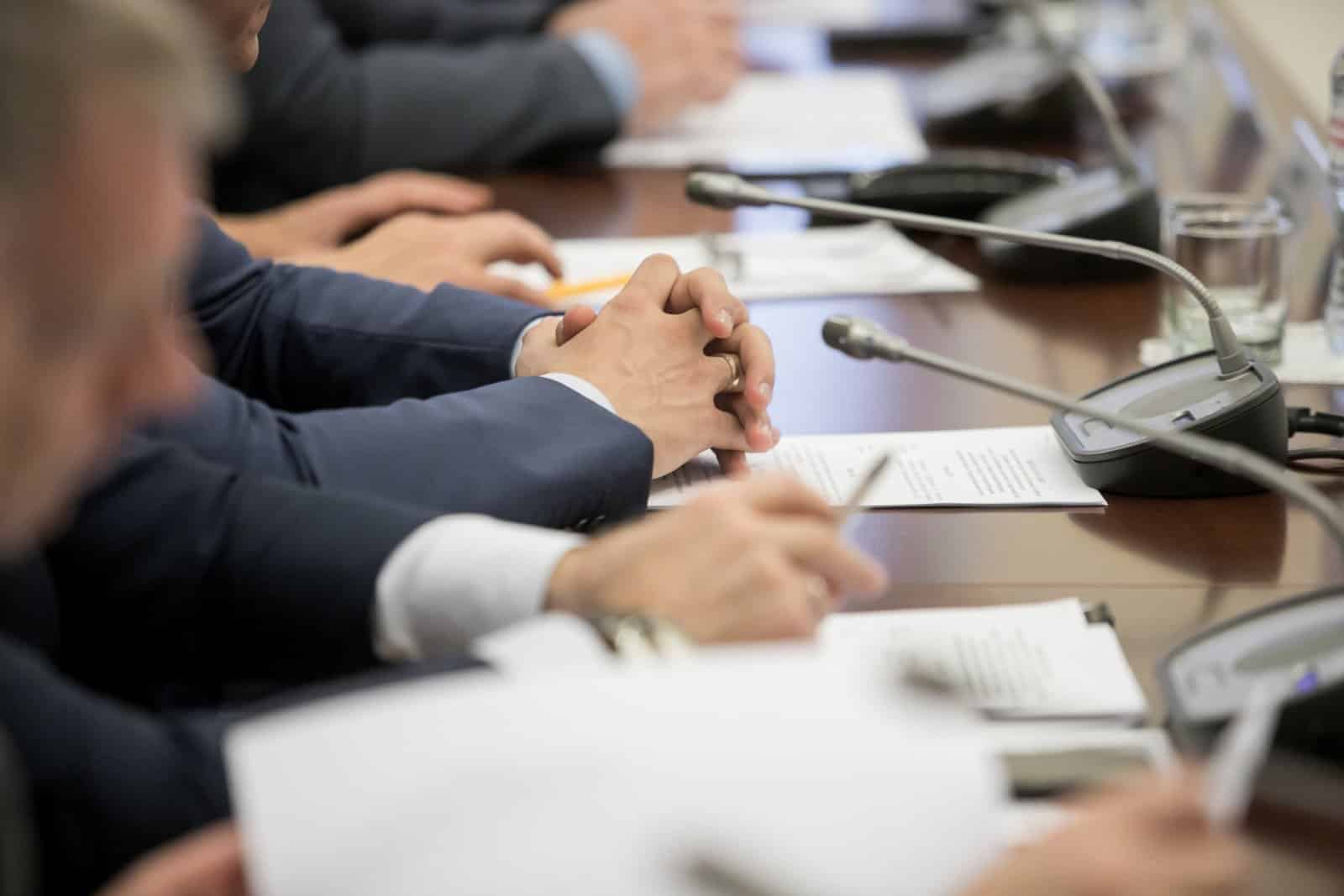
He avoided directly addressing the legal troubles involving former first minister Nicola Sturgeon and her husband, focusing instead on the SNP’s governmental achievements.
Denied Opportunity
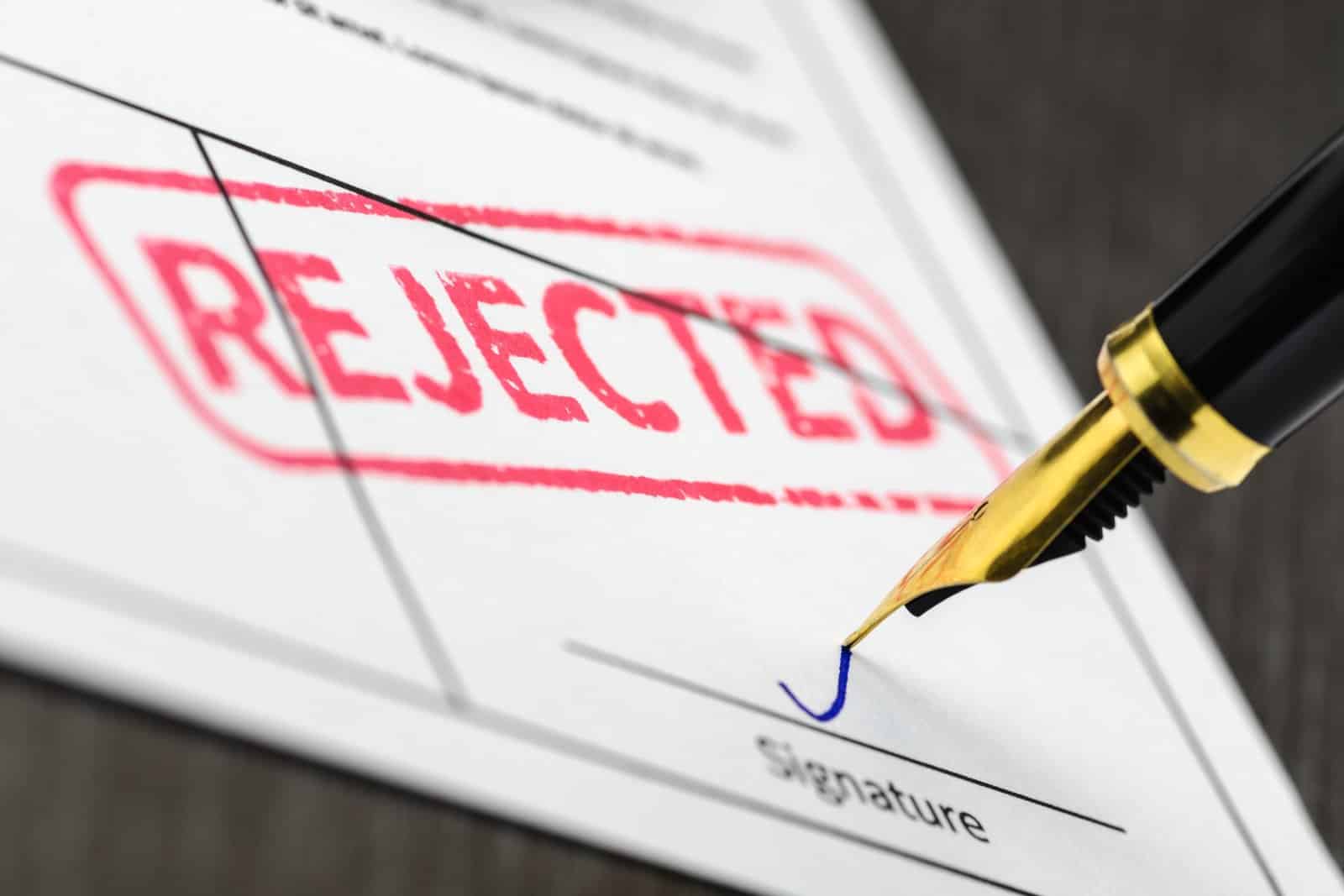
Despite his efforts to pivot the discussion, Swinney was denied the opportunity to do what SNP politicians often do best: to attack Labour from the left.
Keir Starmer’s Better Performance
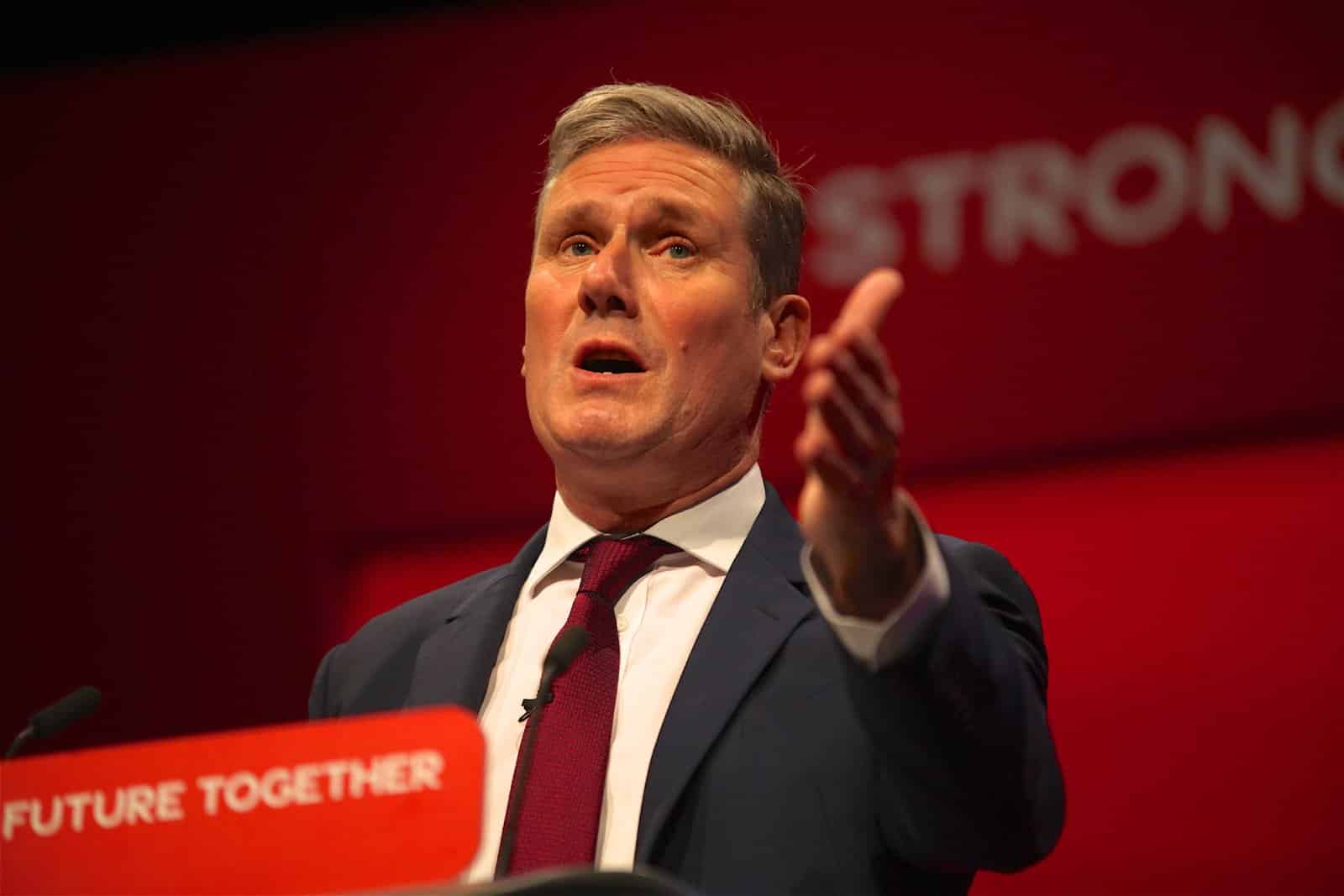
Labour leader Keir Starmer did not have an easy night but performed considerably better than in the first debate against Sunak, in which he appeared timid and slightly robotic.
Past Support
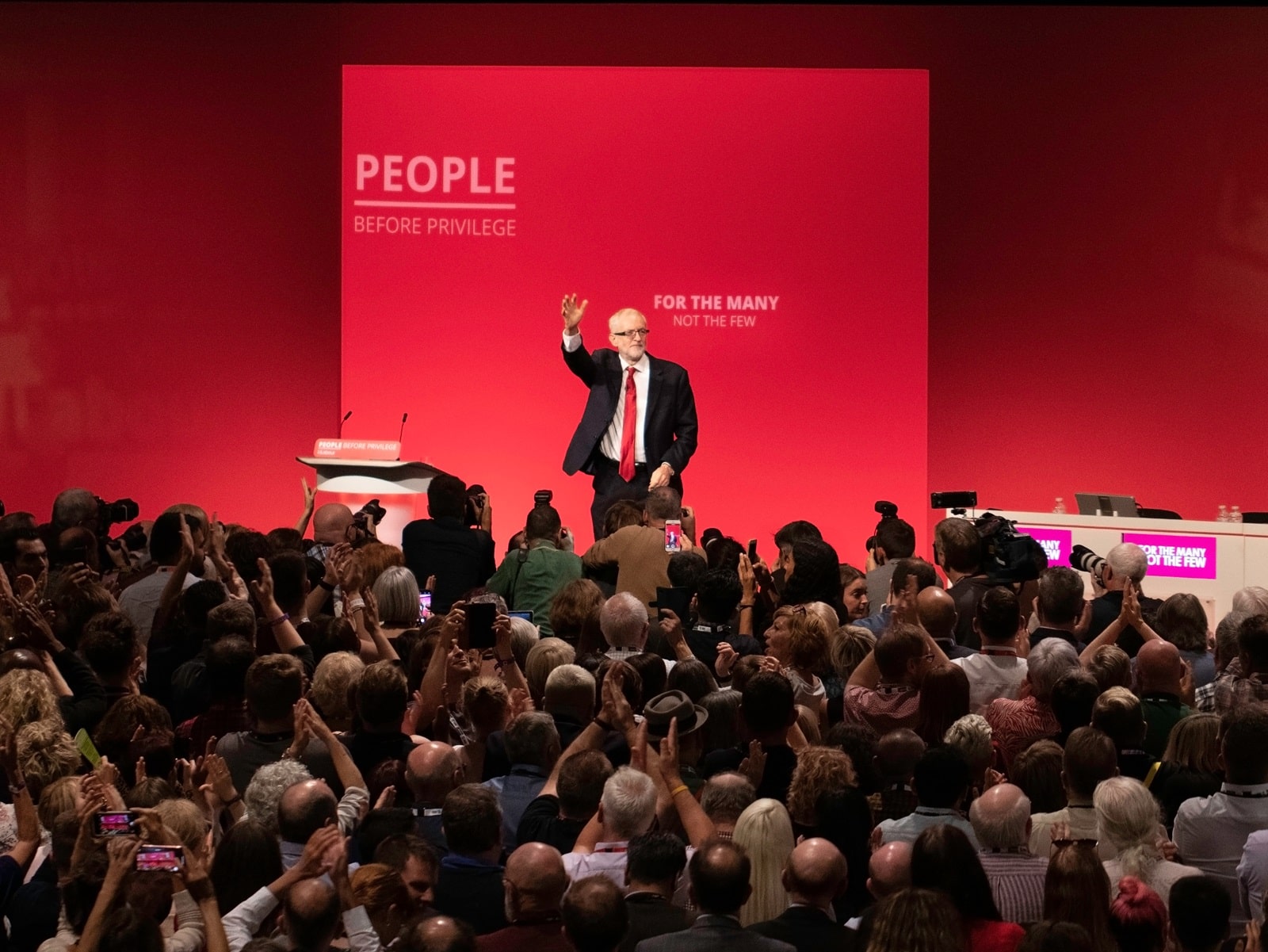
Pressed on his past support for former leader Jeremy Corbyn, he candidly admitted that while he did not expect Corbyn to win, he believed Corbyn would have been a better prime minister than Boris Johnson – a statement that few in the audience seemed to take issue with, considering the former Prime Minister’s scandal-wracked premiership.
Biggest Applause

Starmer received the biggest applause of any of the leaders when he used a question on transgender rights to argue that the country had become too polarised and heavily criticised Sunak for making a transgender joke in Parliament when the mother of murdered trans teenager Brianna Ghey was present.
Sunak Faces Hostility
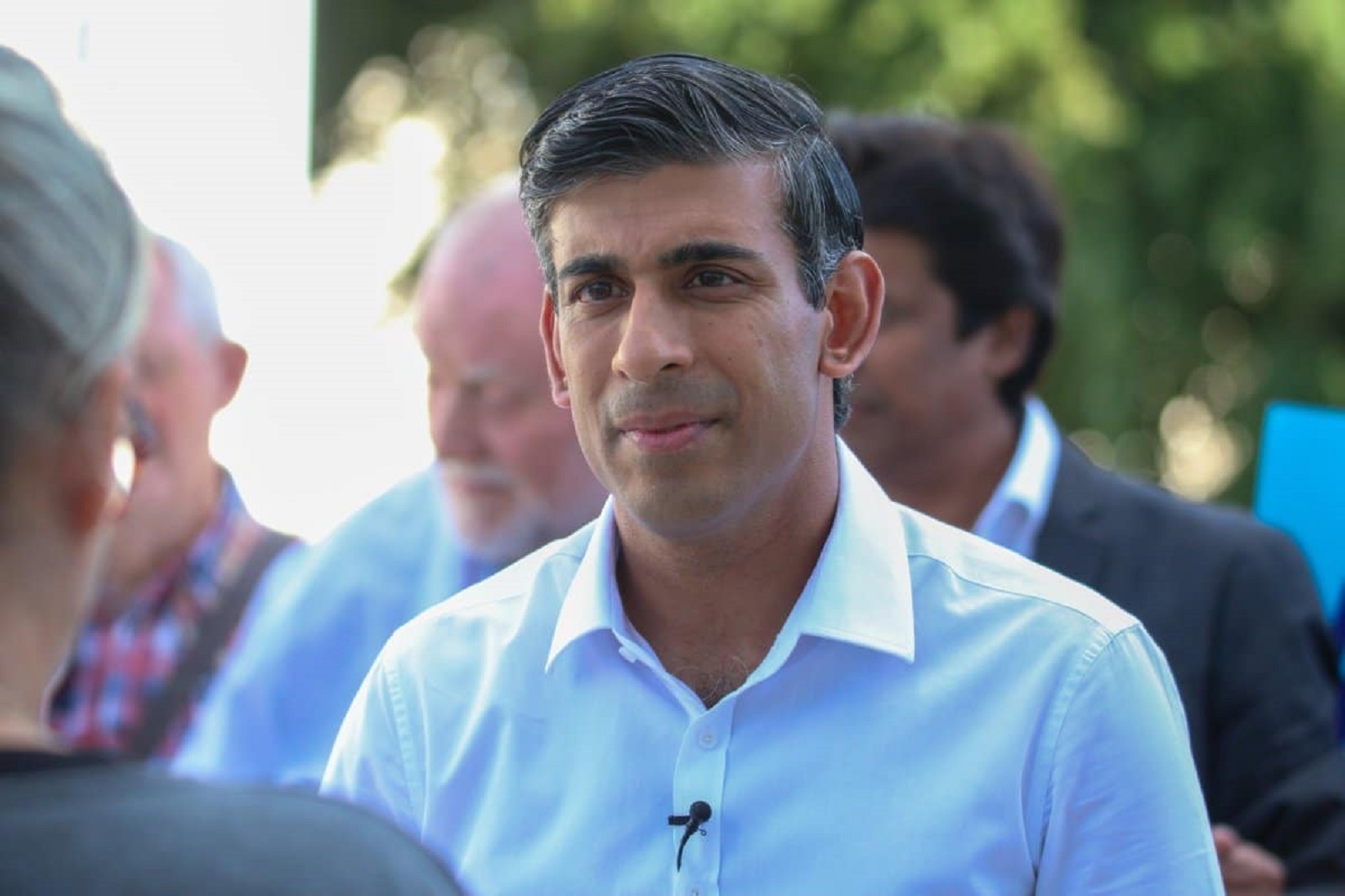
However, Keir Starmer’s occasionally difficult evening was nothing compared to the profound hostility which greeted Prime Minister Rishi Sunak.
Embarrassing Question

The very first question he faced was whether he felt embarrassed to lead the Conservative Party, which led to prolonged applause from the audience. Sunak attempted to differentiate himself from his predecessors, acknowledging their mistakes but pleading with the audience to judge him on his time as Prime Minister rather than Liz Truss or Boris Johnson’s stints in Number 10.
Defending Policies
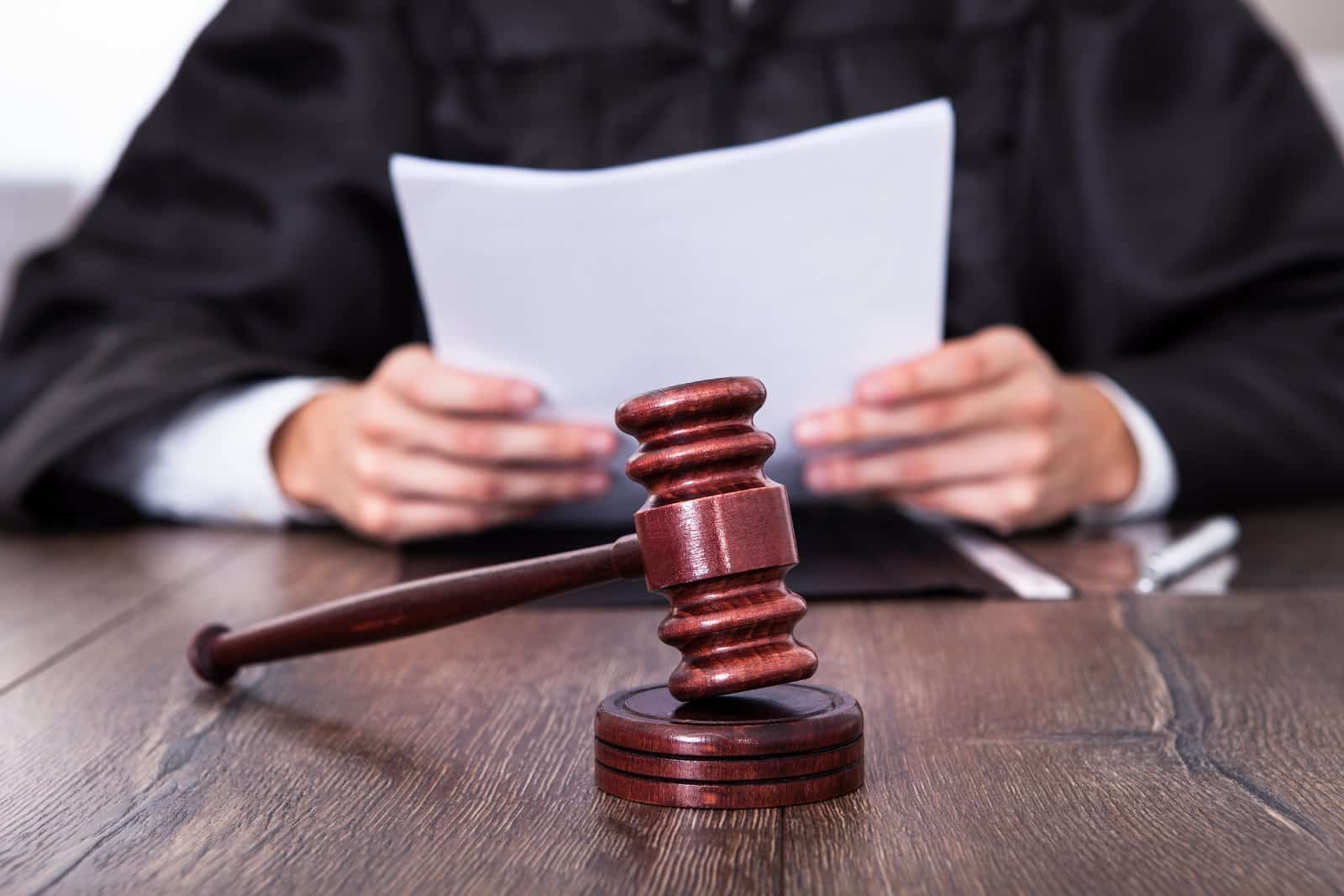
He also attempted to defend his controversial immigration policies and plans for National Service, though his responses were often met with deep scepticism and sometimes open antagonism from the audience.
Immigration and ECHR

United Kingdom
Interestingly, Sunak’s final question was on immigration and the possibility, widely touted by the Conservatives, that the UK might leave the European Court of Human Rights (ECHR) should his controversial and illegal Rwanda plan be blocked by what Sunak called a “foreign court.”
Cries of “Shame”
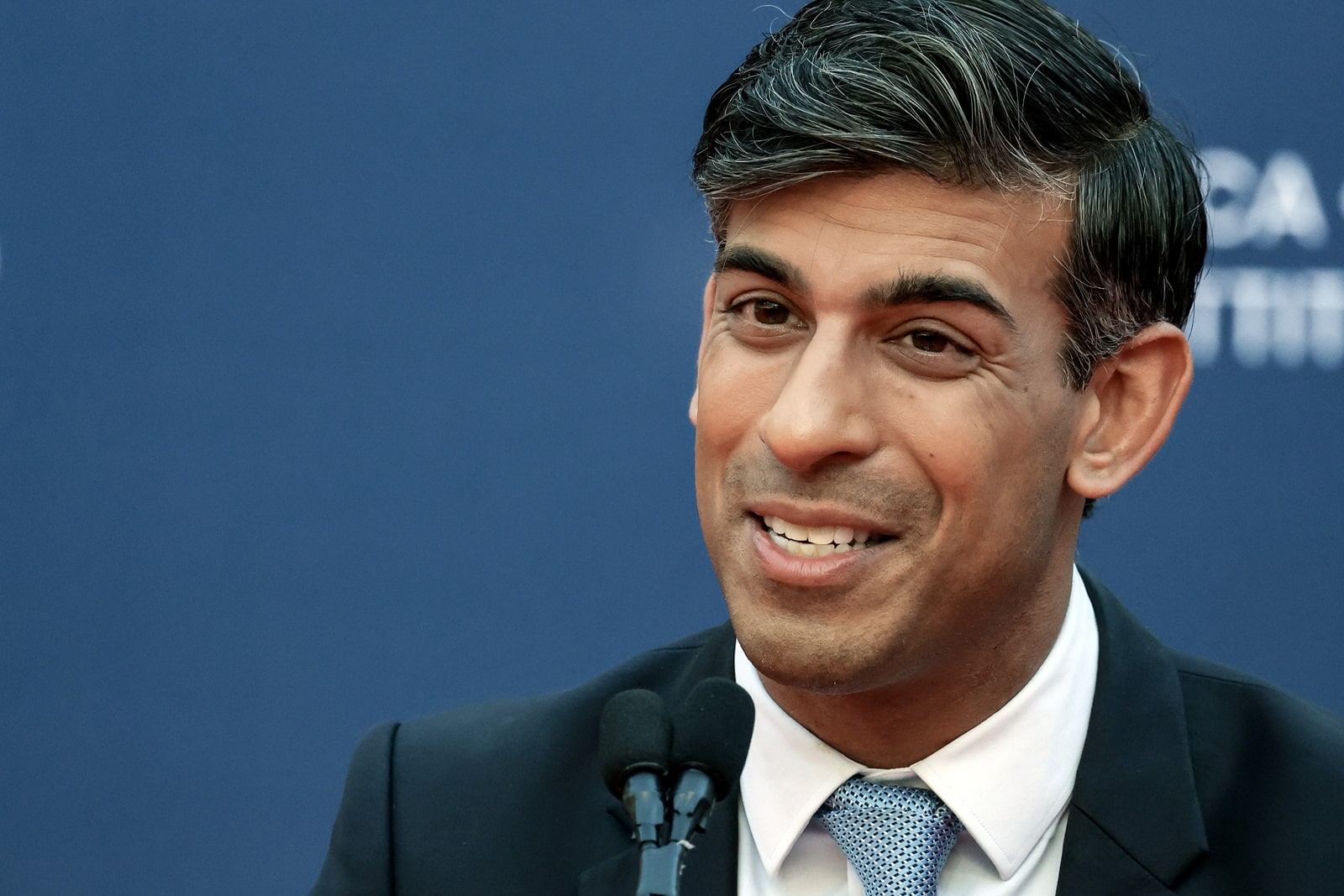
Sunak faced cries of “shame” from the audience, and one voter angrily pointed out to the Prime Minister that only two countries in the world were not signatories to the ECHR, Russia and Belarus, which also received a round of applause.
Mistrust in Leaders
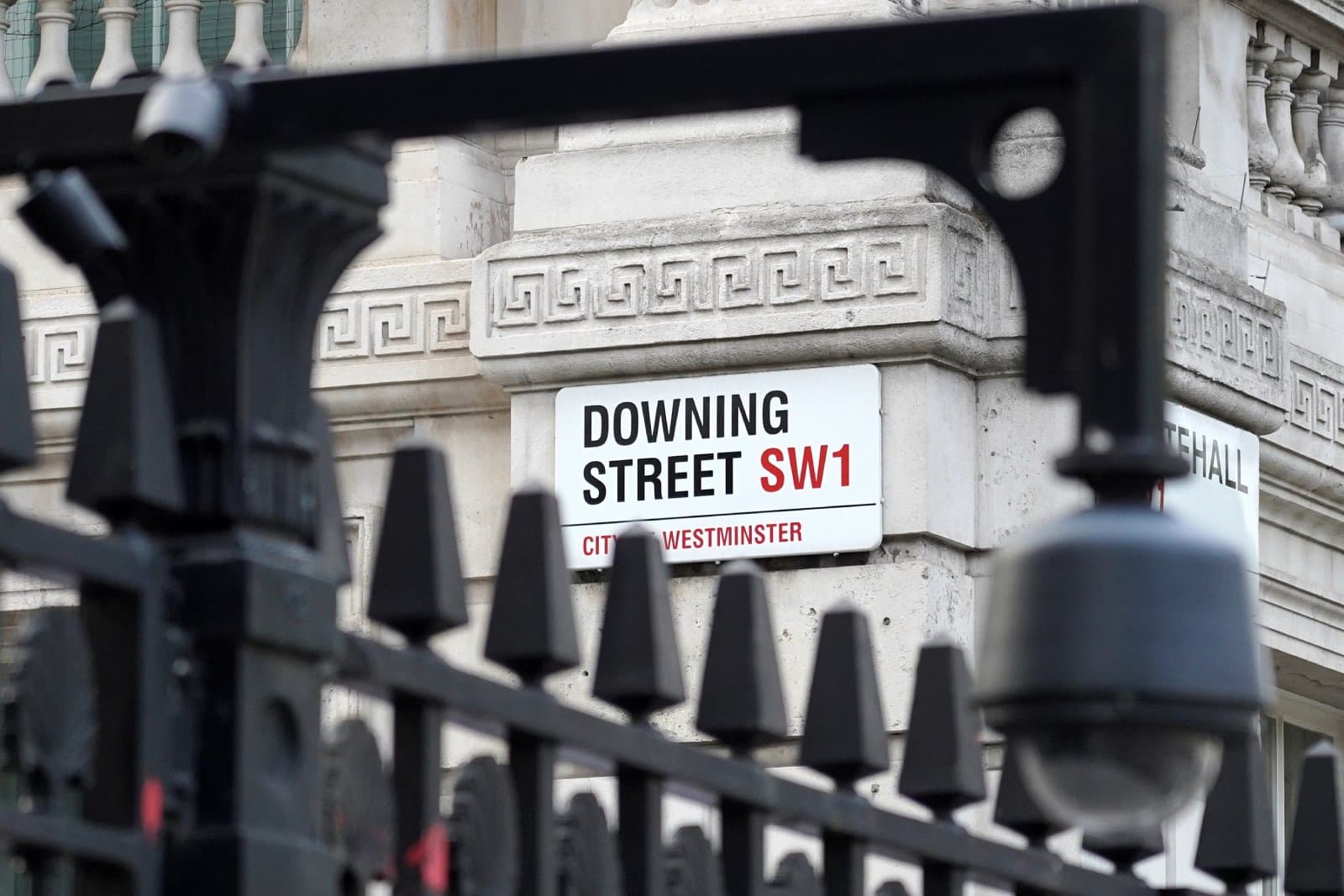
The Question Time Leaders’ Special, though occasionally producing more heat than light, showcased the profound mistrust facing the political leaders in the run-up to the General Election.
Audience as Winners

As no leader scored a knockout blow to any of their opponents, the real winners of the debate were the audience, who finally got the chance to ask some pointed questions to politicians who, all too often, seem remote and unsympathetic.
Election Impact
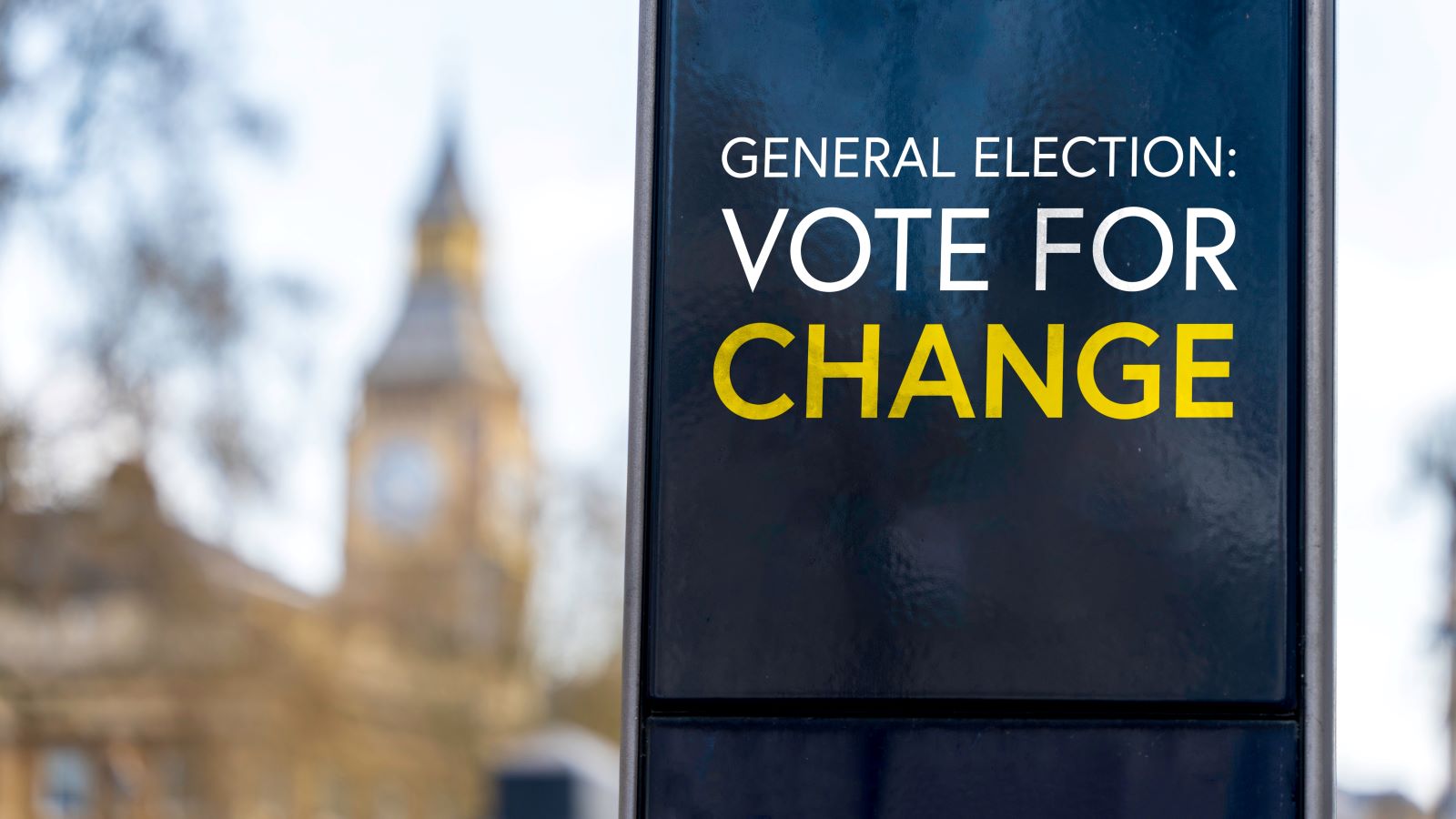
As the election draws closer, it remains to be seen if this latest debate will shift the scales for either party come polling day.
25 Things You CAN’T Talk About Anymore
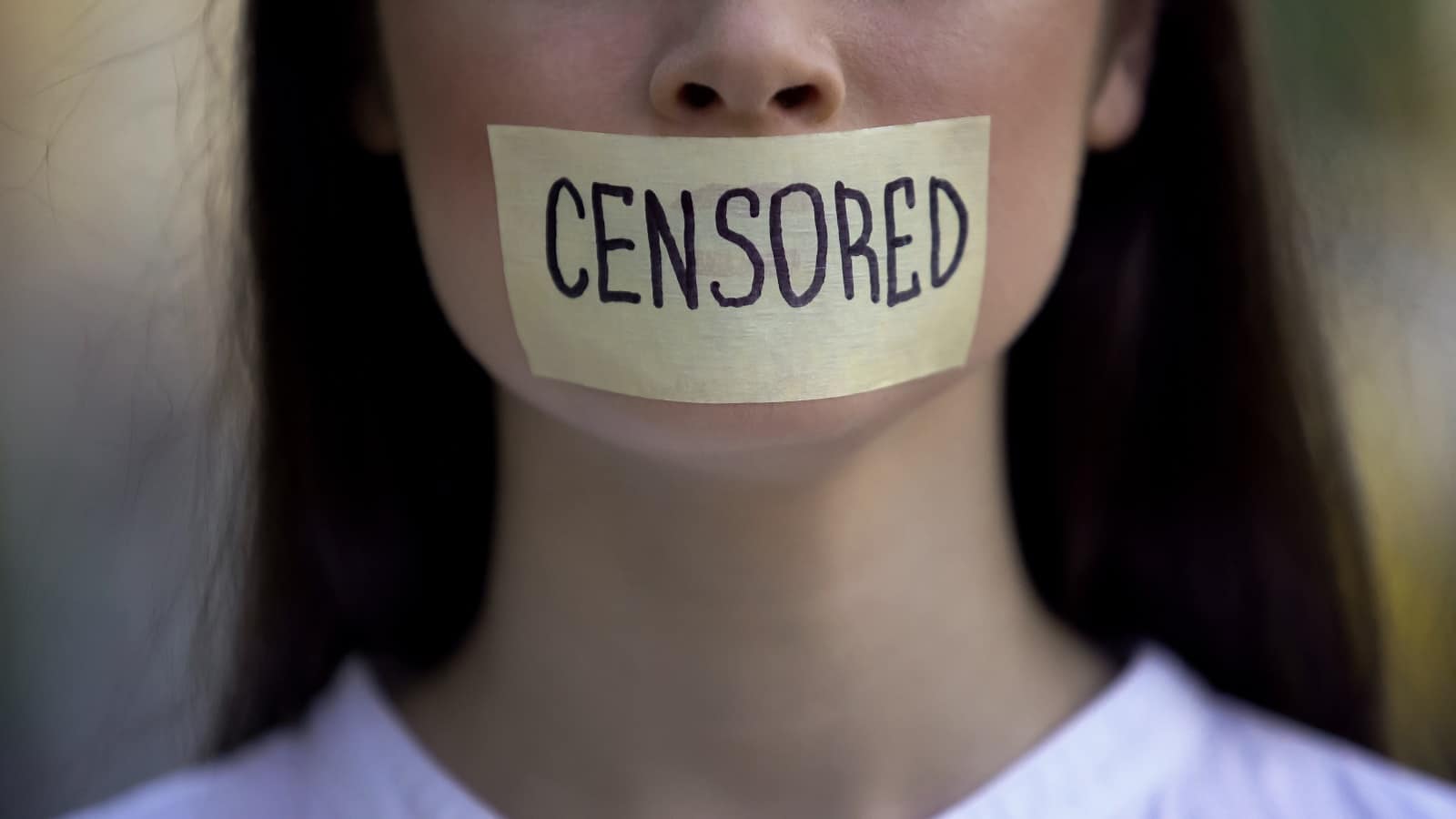
Remember the days when you could freely discuss just about anything without fear of sparking controversy? Well, those days are long gone. In today’s hyper-sensitive world, there are topics so fraught with tension that even mentioning them can lead to heated debates and hurt feelings. 25 Things You CAN’T Talk About Anymore
Stranded: 15 Worst British Cars in History
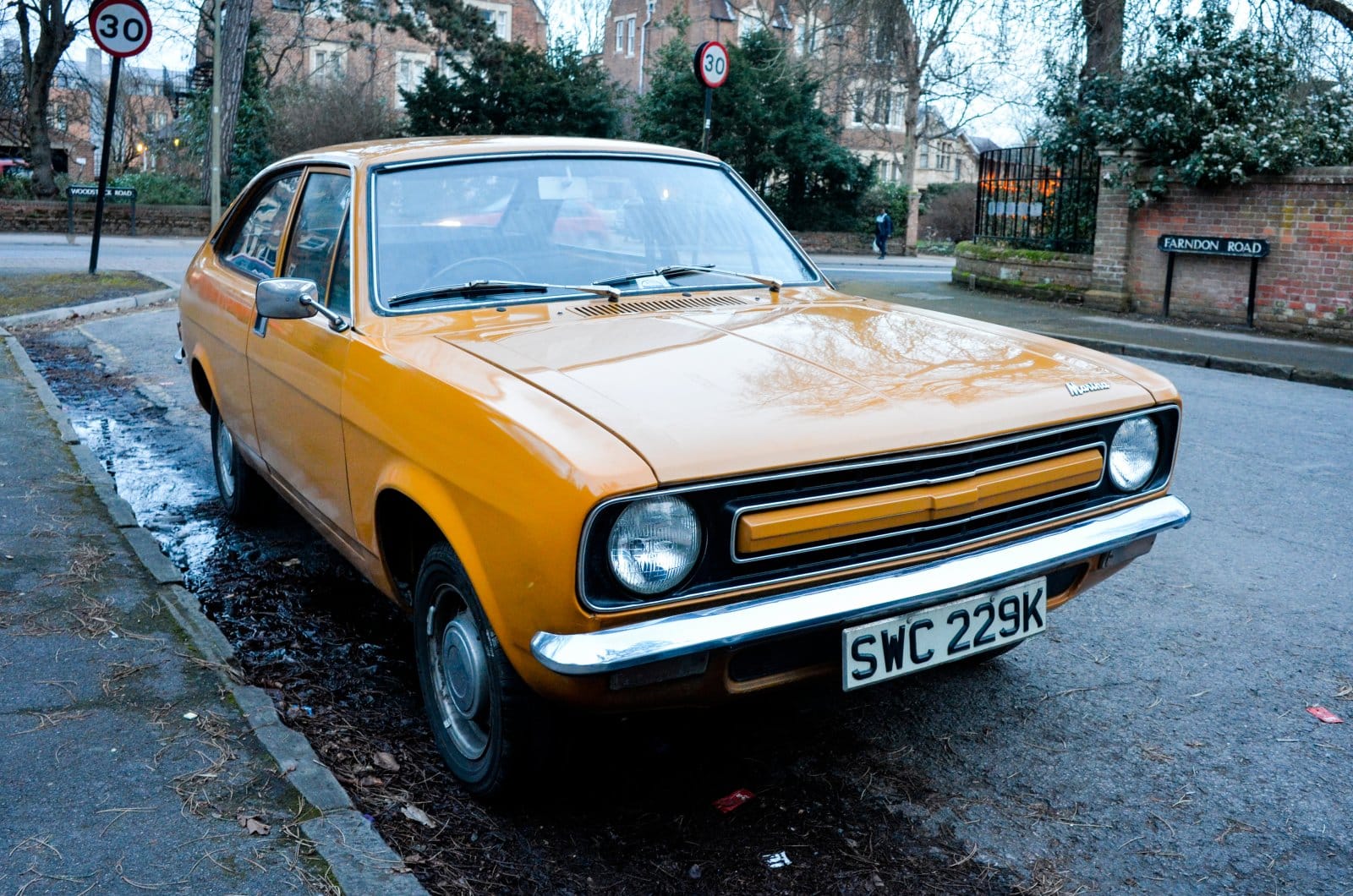
Ever had a car that spent more time with the mechanic than on the road? A car that turned every journey into a game of “Will we actually get there?” If so, you might just see a familiar face (or should we say, chassis) in our countdown to the most unreliable British car in history. Stranded: 15 Worst British Cars in History
“Britain Will Become Unrecognizable” – Suella Braverman Spells Disaster for UK Amid Steep Rise in Visas Issued

Former Home Secretary Suella Braverman has warned that Britain will become “unrecognizable,” criticizing the amount of work visas the Home Office has approved, despite only being removed from her role in November. “Britain Will Become Unrecognizable” – Suella Braverman Spells Disaster for UK Amid Steep Rise in Visas Issued
20 Things From the ‘70s That Are Not OK Today
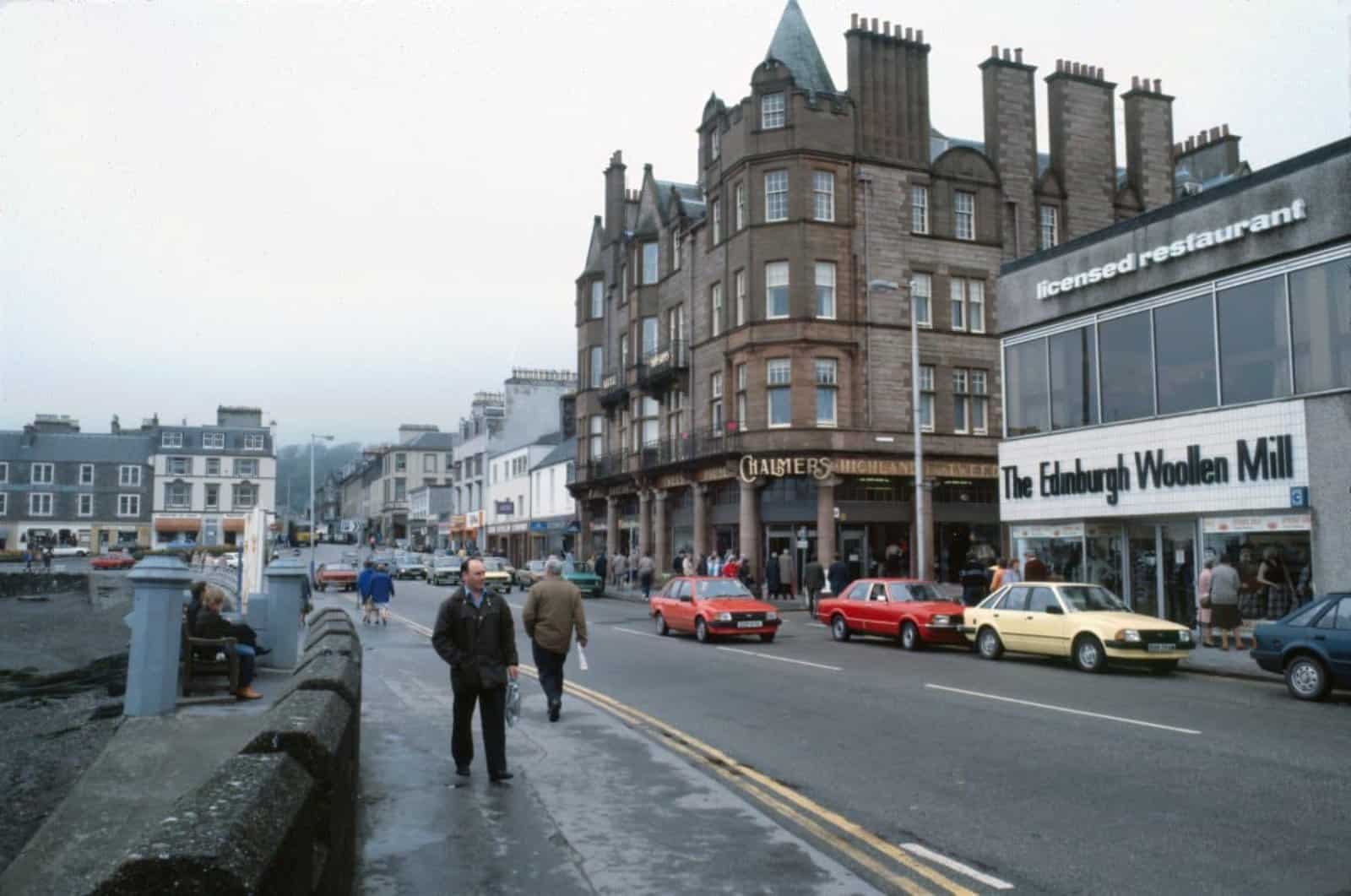
Step into the time machine and set the dial to the 1970s, a decade of disco, bell-bottoms, and some rather questionable choices. While the ’70s gave us iconic music and groundbreaking TV, not everything from this groovy era would get a green light today. 20 Things From the ‘70s That Are Not OK Today
20 Best and Worst Universities in the UK
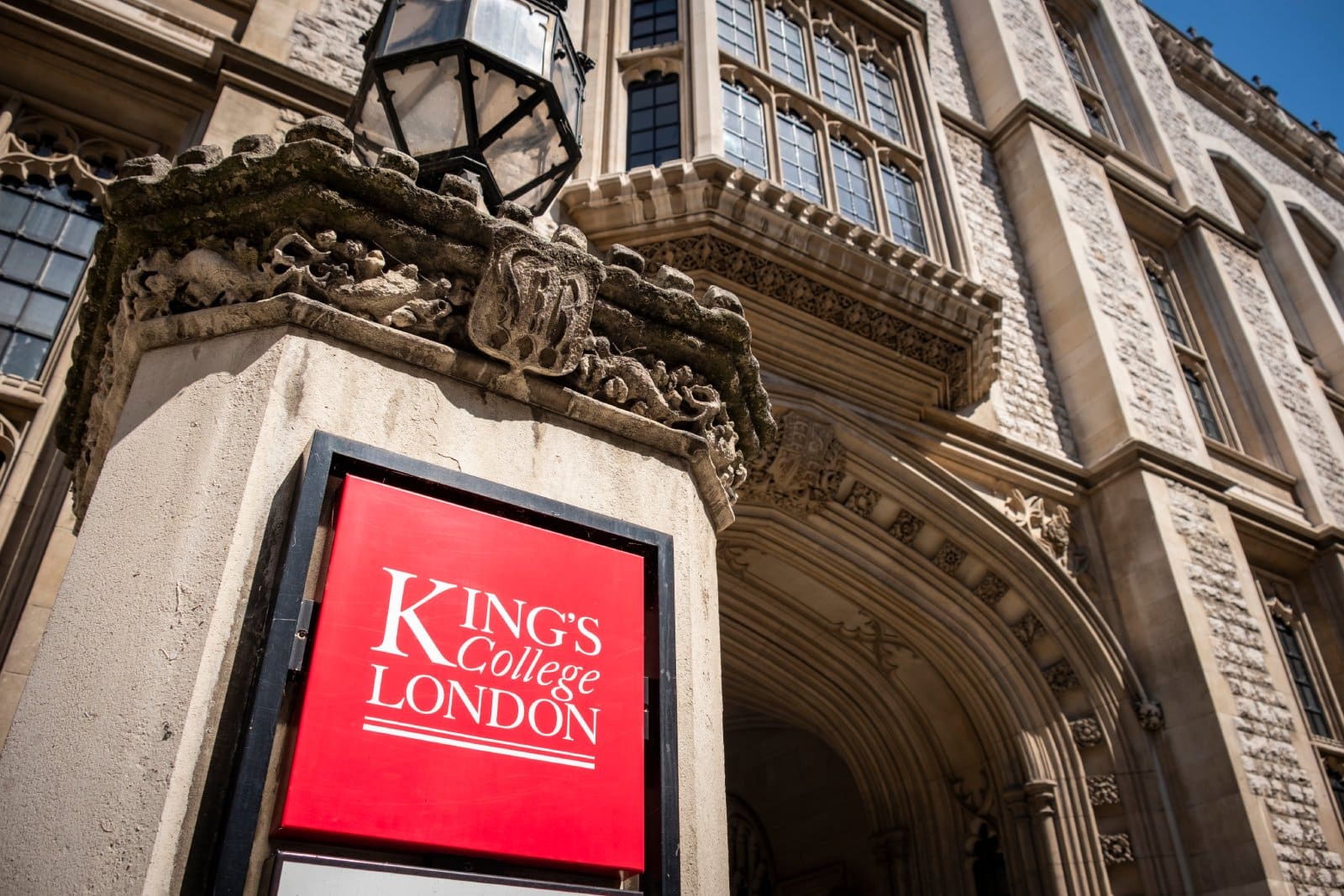
Navigating the UK university landscape is like deciphering a complex code of rankings, reviews, and reputations to uncover where you’ll not just learn, but truly flourish. Whether you’re drawn to the historic halls of Oxford or the creative buzz of Goldsmiths, finding your perfect fit is about aligning your aspirations with the unique offerings of each institution. 20 Best and Worst Universities in the UK
The post Leaders Face Tough Questions, Boos and a Lot of Scepticism on Question Time Debate first appeared on Edge Media.
Featured Image Credit: Shutterstock / Salivanchuk Semen.
Grant Gallacher is a seasoned writer with expertise in politics and impactful daily news. His work, deeply rooted in addressing issues that resonate with a wide audience, showcases an unwavering commitment to bringing forth the stories that matter. He is also known for satirical writing and stand up comedy.

